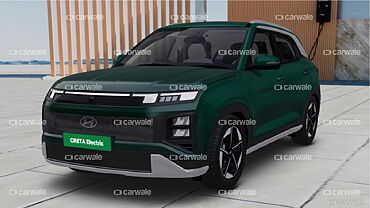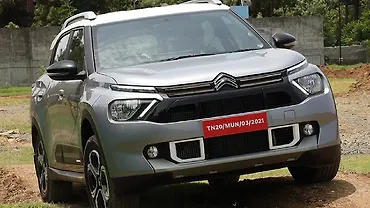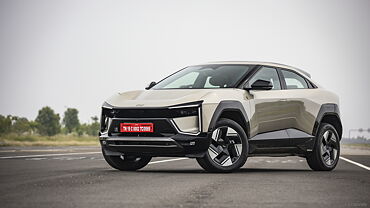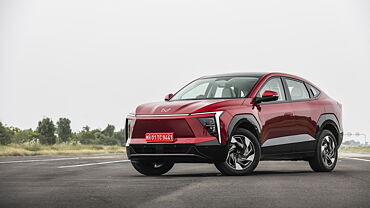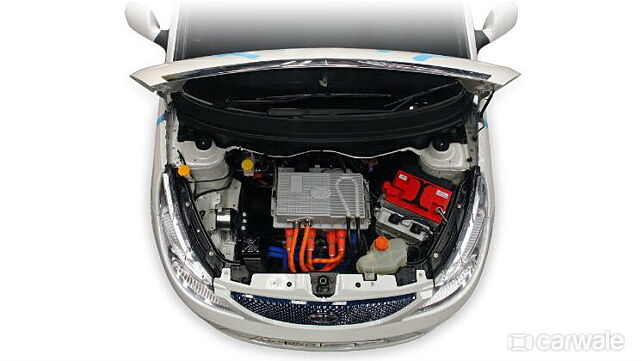
The Energy Efficiency Services Ltd, the power ministry programme, has signed a memorandum of understanding with the Andhra Pradesh government for the supply of electric cars as official vehicles. The state governments of Gujarat and Maharashtra have also floated requirements of about 4,000 and 2,000 cars respectively.
After floating the first tender for 10,000 cars last year, it is being said that the next tender will be floated in April and AP’s requirement will be fulfilled through this new tender. With Indian car makers, Tata and Mahindra, already taking up the lead, the government expects other carmakers, including international brands to join in.
While the government is pushing the demand for electric cars by itself, it is also making sure it takes the lead in establishing infrastructure. After the NTPC-led infrastructure charge, it is the turn of the railways to pitch in. Starting with Delhi and Nizamuddin stations, the railways will invest in providing EV charging pods at railway stations.
Having one of the largest rail networks in the world with one of the widest reach at the grassroots, roping in the railways will ensure the maximum geographical reach. With the new power-plants and nuclear energy being used, India’s electricity production is expected to surpass its consumption and hence, the excess electricity will be available across the country for EVs.
This will allow the railways to reduce their inevitable carbon footprint due to the use of diesel locomotives. Both these developments are an indication of the government’s positive intent towards the Mission EV 2030 goal, while also encouraging participation from private as well as the public sectors.



